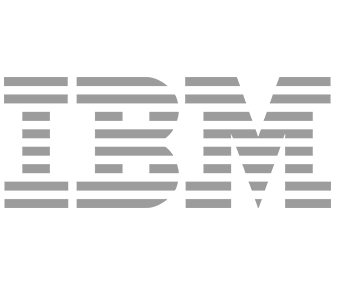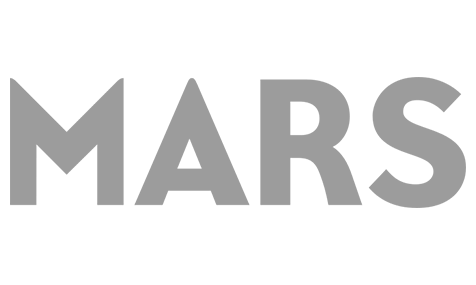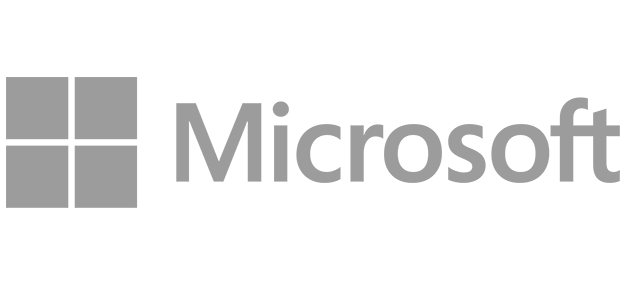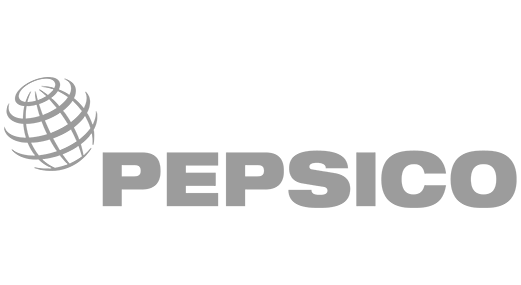Cyber security courses
Develop the technical skills to safeguard your systems, data and operations with our comprehensive range of cyber security courses and certifications.
Trusted by 4,000+ organisations












Browse our cyber security courses
We build and deliver more cyber programmes than any other provider. We have more than 25 specialist cyber instructors who, across a range of national programmes, have educated 25,000+ students in the last four years.
Topics ()

We couldn't find a match for
Please try another search.
Courses ()

We couldn't find a match for
Please try another search.

Unlimited learning at an unmatched price.
Get unlimited access to all our tech content, including Cloud, AI, Security, hands-on labs and more, under our lowest-priced licence yet.

We couldn't find a match for
Please try another search.
Apprenticeship programmes ()

We couldn't find a match for
Please try another search.
Looking for an Apprenticeship role?
If you’re an individual interested in starting an apprenticeship or looking for an Apprenticeship role, you can visit our Apprenticeship platform.
Events ()

We couldn't find a match for
Please try another search.
Resources ()

We couldn't find a match for
Please try another search.
Certifications ()

We couldn't find a match for
Please try another search.
Top Cyber Security Courses
Progress your career with some of our most popular cyber security courses.
Cyber Security learning paths
Want to boost your career in cyber security? Click on the roles below to see QA's learning pathways, specially designed to give you the skills to succeed.
Cyber security courses by category
We offer the broadest and deepest end-to-end cyber training programmes, aligned to the National Cyber Strategy, to strengthen the cyber ecosystem at every level. Explore more of our cyber security training categories here.
Our cyber security training partners
Cyber security training solutions
Our cyber security training solutions empower you to deliver essential skills at scale and close the cyber skills gaps within your organisation.

Cyber skills at scale
Learn more about how we deliver essential cyber skills for businesses.

Cyber Security Apprenticeships
Our Cyber Security apprenticeships arm organisations with critical technical security know how, and soft skills to stay ahead.

Build cyber skills with our online learning platform
Our training library includes courses covering a range of topics, including cyber and cloud security, secure operations and secure development.
Latest cyber security resources

Explore the most in-demand roles in cyber security

We support the training and upskilling of some of the most in-demand job roles. Learn more about the benefits these roles can have on organisations and the skills and training needed to embark on these vital career paths.
AI Security Engineer
AI Security Engineers are critical for businesses. They play a vital role in safeguarding AI systems, ensuring the protection of sensitive data, prompts, and responses.
AI Security Engineer average salary: £85k
Cloud Security Engineer
Cloud security engineers design, implement, and maintain security measures to safeguard sensitive information, ensuring compliance with regulations.
Cloud security engineer average salary: £65k
Cyber Incident Responder
The role of a cyber incident responder is to monitor and analyse logs for potential threats, reverse engineer malware to understand its behaviour and impact, and understand how to remove it from systems.
Cyber Incident Responder average salary: £65k
Cyber Security Analyst
Cyber security analysts form an important part of any cyber security operation, forming the defensive backbone of organisation's security infrastructure and resilience. They support the active defence of an organisations networks, systems, services and data.
Cyber security analyst average salary: £55k
Penetration Tester
A penetration tester is responsible for attempting to exploit vulnerabilities in an organisation's systems, applications, services or network. They are sometimes called a 'white hat' ethical hacker, due to their role in testing and improving a businesses' security.
Penetration tester: £70k
Security Operations Centre Manager
A SOC Manager has overall responsibility for an organisation's SOC and supervises the cyber professionals that make up that team.
SOC Manager average salary: £54k
Why choose QA for cyber security training?

World leading training partners
We partner with world leading cyber security vendors, including EC-Council, IAPP, ISACA, ISC2, PECB and Microsoft to provide leading courses and certifications.

Training led by cyber security experts
We have more than 25 specialist cyber instructors who, across a range of national programmes, have educated 25,000+ students in the last four years.

Flexible learning experiences
Our flexible learning solutions include classroom and virtual instructor-led courses, interactive online learning and apprenticeships.

Learn more about QA cyber security training

FAQs
Interested in cyber security training and want to find out more? QA helps individuals and businesses gain in-demand skills and qualifications. Here are some of the most asked questions about our training:
What are the best cyber security courses for beginners?
There are a number of training routes and courses available for those that are getting started in the world of cyber security. Here are some of our most popular entry-level courses:
Cyber Security Apprenticeship
Our Cyber Security apprenticeships prepare you to thwart cyber-crime, decrypt data and untangle malware. Build your information security skills and keep one step ahead of hackers and cyber criminals.
ISC2 Certified in Cybersecurity
This certification prepares candidates by building a solid foundation of knowledge they need to pass the exam and ultimately land an entry-or junior-level cybersecurity role.
Cyber Security – An Introduction
This course provides an essential introduction to cyber security, equipping participants with the knowledge and awareness required to protect themselves and their organisations against cyber threats.
Foundation Certificate in Cyber Security
The objective of the course is to provide a comprehensive but necessarily high-level overview across industry standard technology and platforms, illuminating the technology and its specific cyber governance, risk, and assurance challenges, including artificial intelligence (AI) adoption, without technically challenging the learner to hands-on labs.
Foundations of Privacy and Data Protection
This introductory course allows organizations to cultivate in-house privacy knowledge in operational areas with growing privacy responsibilities, such as marketing, human resources, technology and finance.
NIST Cyber Security Framework Foundation
The NIST Cybersecurity Framework Foundation course, is an overlay course, based on the NIST Cyber Security Framework (NIST-CSF), a publication of the National Institute of Standards and Technology.
What are the best cyber security certifications?
Learn more about the top 10 cyber certifications you can earn in 2025 by reading our guide. This article was written by our Portfolio Director for Cyber Security, Richard Beck, and looks at the best qualifications cyber professionals can earn to further their career and includes CISSP, CISM, OSCP and AIGP.
Does QA use experienced cyber security trainers?
QA has an experienced team of experts and trainers who create and deliver training programmes. All of our specialists have accredited certifications from leading industry bodies, and are knowledgeable in the latest cyber security risks and challenges.
What is the average salary for cyber security professionals?
The salary you can earn as a cyber security professional varies greatly on your experience level, where you work and your skill set.
Entry-level cyber security analysts can expect to earn between £25k and £35k, while more experience roles, such as cyber security engineers, could earn up to £80k. Senior roles, such as Chief Security Officer, could earn over £100k.
Can I learn cyber security skills online?
Yes, QA offer a number of flexible learning solutions. This includes a online catalogue of courses that you can study at your own pace. Our online learning platform supports learners in preparing for certification training and learning new skills in their own time.

Let's talk
Start your digital transformation journey today
Contact us today via the form or give us a call



